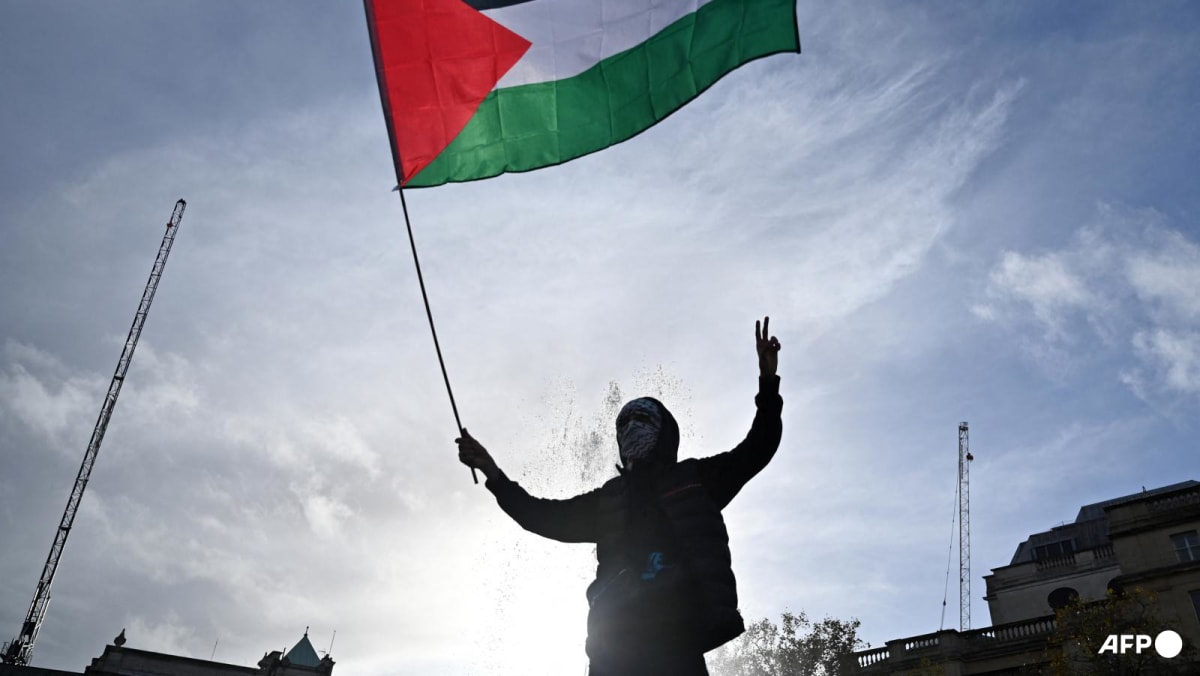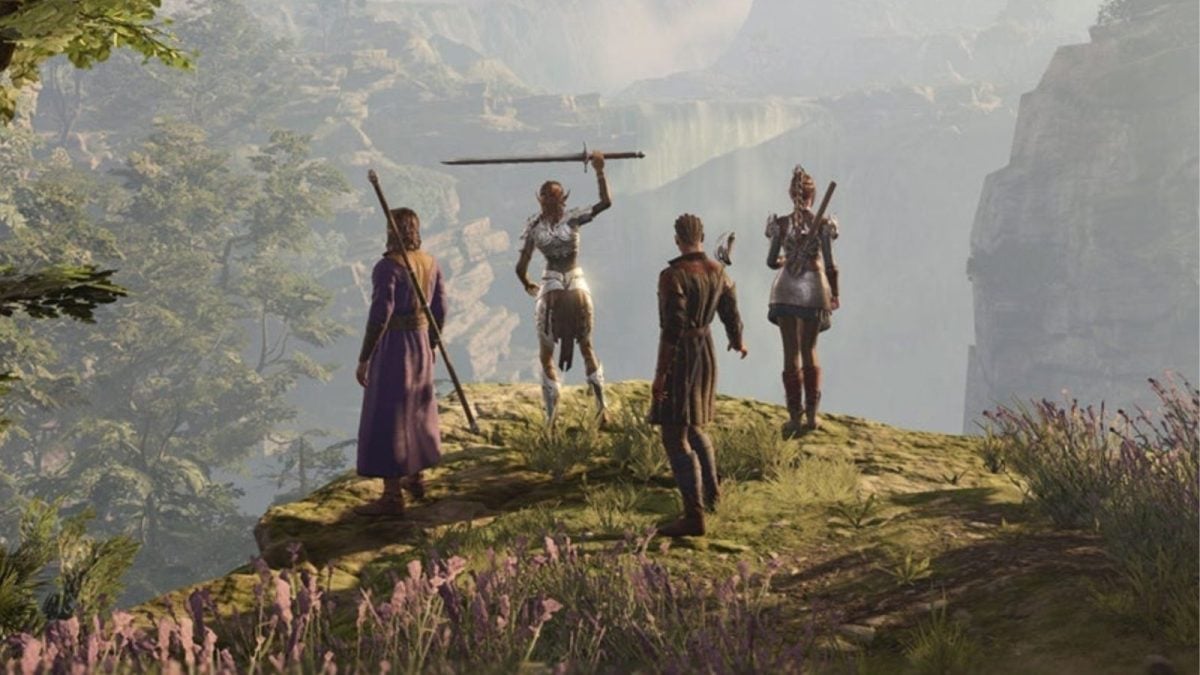Jean-Loup Samaan, a senior research fellow at the Middle East Institute of the National University of Singapore and a former adviser with the French defence ministry and NATO, described the past 15 years as “the collapse of the Oslo process”, as the election of Hamas in Gaza and the increase in Israeli settlements in the West Bank had closed the window for diplomatic initiatives.
He added that Western governments had considered the peace process to be in a stalemate and had prioritised the war on terror.
Nitzan Horowitz, Israel’s former health minister and former leader of the left-wing political party Meretz, said the idea of a two-state solution was marginalised before the Israel-Gaza war.
“The current Israeli government even openly opposes it. Israeli public opinion, which in the past mostly supported the two-state formula, has largely turned its back on it,” he said.
Faith in a two-state solution sank to a historical low on both sides, with just 34 per cent of Israelis and 33 per cent of Palestinians supporting it in 2022, according to a survey by the Palestinian Centre for Policy and Survey Research.
Washington, a leader of the Oslo process, has also turned lukewarm about the proposal, especially as Israel has taken steps to normalise relations with Arab nations during US President Joe Biden’s administration and that of his predecessor Donald Trump, Calabrese said.
Since 2020, Washington has worked to help Israel establish diplomatic ties with Arab countries. Biden was reported to have achieved a normalisation agreement between Saudi Arabia and Israel earlier this year, but the process halted after the Gaza war erupted.
Calabrese said the Trump and Biden administrations prioritised Israeli-Arab normalisation, security cooperation and economic integration while “turning a blind eye” to the Palestinian issue.
“It had the effect of sidelining the Palestinian issue,” he said.
In the meantime, two trends consolidated – the “ascendancy of a hardline right-wing government” in Israel along with an “impotent Palestinian Authority whose fecklessness and corruption” empowered Hamas, Calabrese said.
But the Oct 7 attack on Israel proved that the status quo was fragile, said Nidal Foqaha, director of the West Bank-based Palestinian Peace Coalition-Geneva Initiative.
“October 7th constituted a wake-up call to the whole world, but most importantly to Israelis who also believed that all parties, including Hamas, are contained and comfortable with the status quo,” he said.







